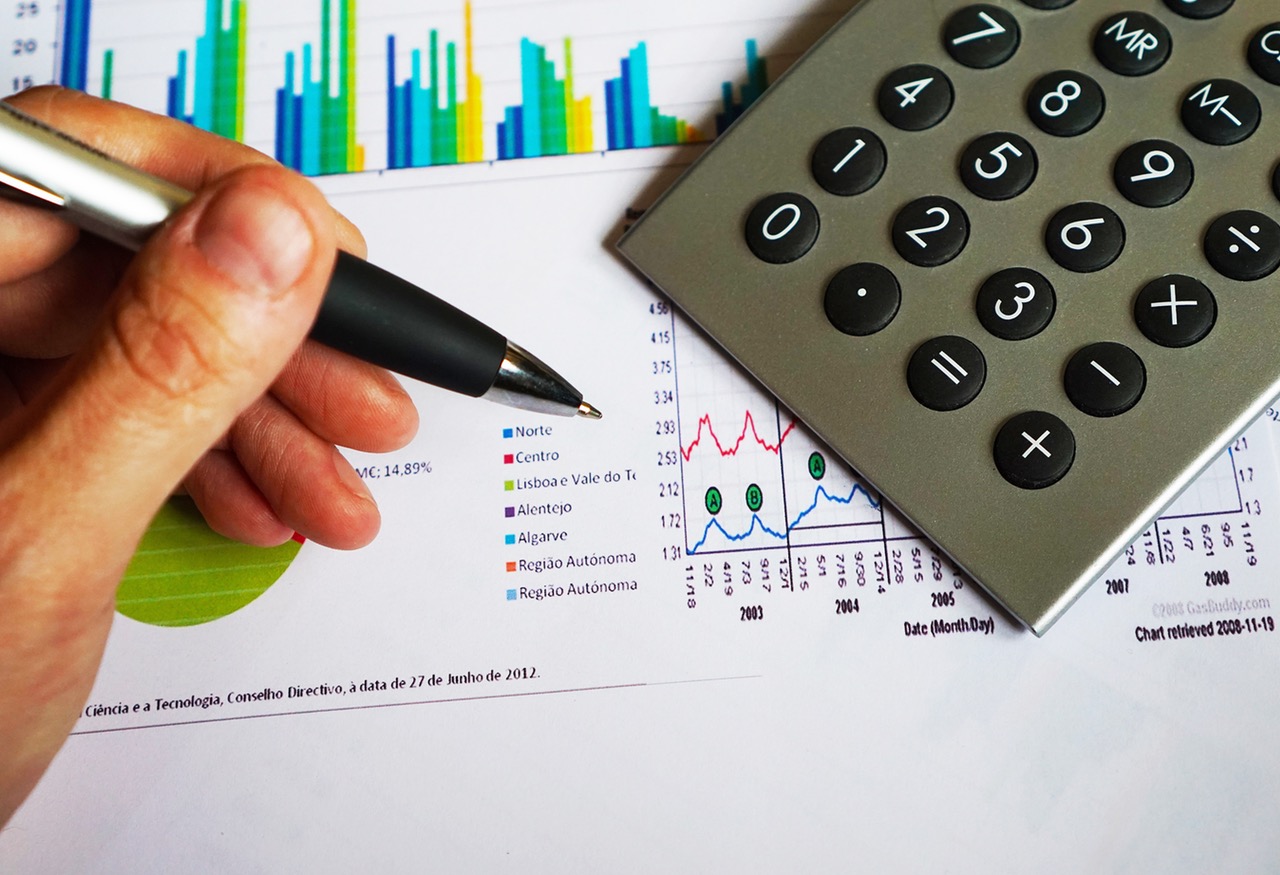Emergency Funds: The Best Protection For Your Family’s Future Security?

Life has a habit of throwing up financial emergencies when we least expect – or can afford – them. And the impact it can have on your family could – in certain circumstances – be disastrous. Given that millions of UK households are just one paycheque away from financial crisis, so it’s never been more important for parents to sort out their finances than it is today.
One of the best things you can do for your family’s financial future is to build up an emergency fund. That emergency fund can be used for things like expensive car repairs, household issues, protection against job loss, or the impact of a serious injury or illness. It will give you an all-important buffer that allows you to continue life as you currently enjoy it, and protect your family in much more ways.
The big question is – how do you build an emergency fund? The following guide should help you get started, and although the saving involved will take you some time, it’s a great way to begin reducing the impact of financial emergencies. Yes, there are debts you can buy into such as payday loans and credit card extensions, but at the end of the day, you will find that unless you can pay them off quickly, you are likely to get into more trouble than they are worth. With this in mind, let’s get started.

Arranging your finances
The first step in this process is to start identifying an amount of money you can put away without impacting your normal spending. Bear in mind that an emergency fund is not a savings account – it needs to be an entirely different entity. Whether it’s £10 a month or £1000 – the key thing is to get started.
Eliminate unnecessary spending
Next, be honest about your spending. Create a budget and look at areas you could cut back and create more savings. You might think about switching your satellite TV package to a cheaper alternative like Netflix. Maybe you could save money by switching your energy supplier. And perhaps you could eat out less, stop paying for a gym membership you never use, and start monitoring your energy use in the home. All of these things combined could save you up to £1-200 a month – all of which could go straight into an emergency fund.
Earn extra income
Once you have made some household cuts, you will have a primary payment schedule that you use for the emergency fund. But nothing is stopping you from topping this up. Earning an extra income is more than possible if you have some spare time. You can sell your labour – perhaps mowing people’s lawns or doing a few DIY jobs. Maybe you can start a blog, much like this one. And you could also consider selling things on eBay – buying cheap and turning a nice little profit that can contribute even more funds for your emergency savings.
Before you build an emergency, find it can seem like an impossible task But the reality is that once you start, it all becomes a lot easier than you might think. Let us know your thoughts in the comments section below.

1 thought on “Emergency Funds: The Best Protection For Your Family’s Future Security?”